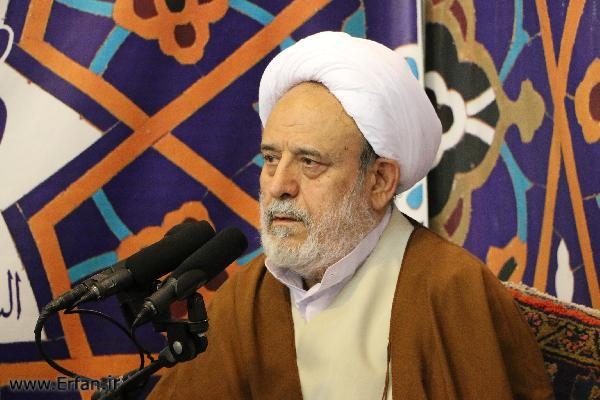
The term oath (ghasam- قسم) in the Arabic language is synonymous with swear (sogandسوگند-). In other word it means a confession and admission that a person says over his honor and counts Allah or someone great as a witness. Swearing is not for a nation or a particular language but during all past eras it was commonly used among the nations and people. In the Qur'an, in the verse of 104, about 118 oaths have been mentioned which about 95 of them are the oaths of the creator of the universe.
The divine oaths are remarkably different with the common and conventional oaths of the people. There are a great deal of sublime goals as well as philosophies lying behind Allah’s goals that some of them are as follow: The grandeur of what is sworn on, emphasis, the effect on the audience, reasoning, ultimatum, proving what has been sworn on and stating the truth which people are doubtful about, making the human being understand the many benefits of what are sworn on, shedding light on the reality of what is sworn on and was previously denied, standing against superstitions
In some cases the holy Quran considers the oaths that are taken by other than Allah.
source : erfan.ir













